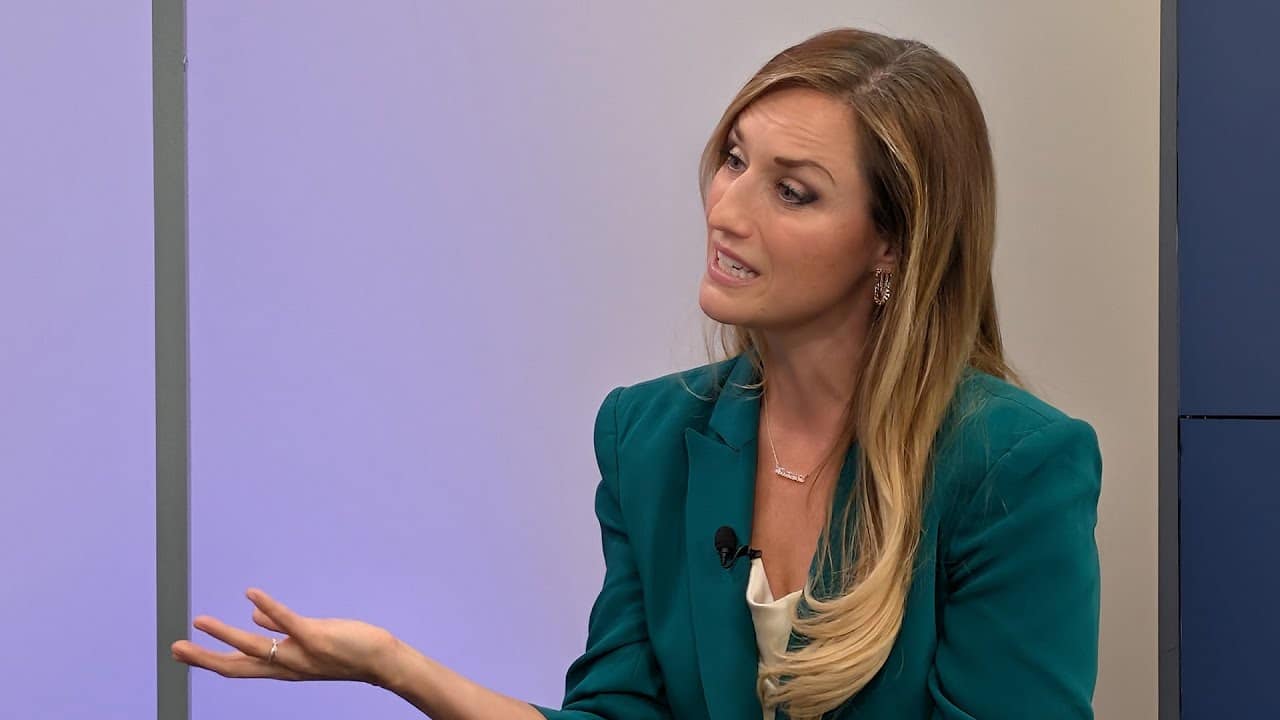The IRS this week issued interim guidance for employers who offer 401(k) retirement plans and wish to provide matching contributions based on student loan payments made by their employees.
IRS Notice 2024-63 implements a section of the Secure 2.0 Act, which made significant changes to 401(k), IRA, Roth, and other retirement savings plans. One change allows employers to make matching contributions for employees based on their student loan payments made after Dec. 31, 2023, rather than based only on their employee’s elective contributions to the plan.
Using a question-and-answer format that includes several illustrative examples, the notice addresses a variety of plan-administration issues, such as:
- General student loan matching contribution eligibility rules (including dollar and timing limitations).
- Requirements for employee certification of student loan matching contributions.
- Reasonable student loan matching contribution procedures that a plan may adopt.
- Special nondiscrimination testing relief for 401(k) plans that include student loan matching contributions.
Employers can offer the match to any employee eligible to participate in the company’s plan, even if the employee does not contribute toward it. For employees with high student loan debt who cannot afford to both pay down their loans and save for their retirement, it means they can receive an employer 401(k) match without contributing to the retirement plan themselves.




